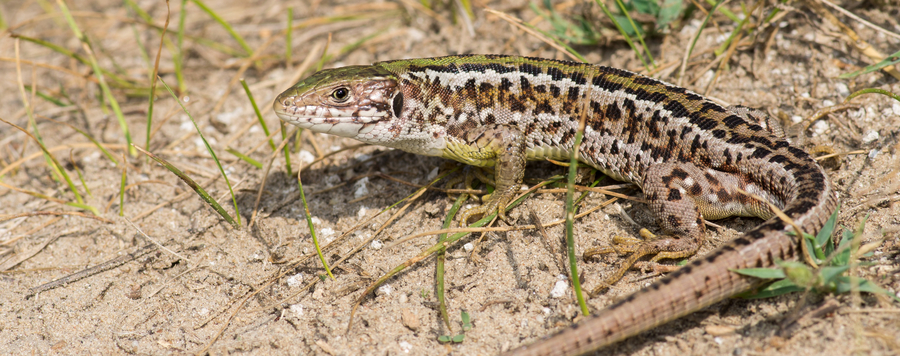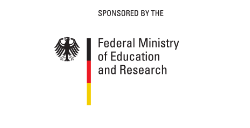
About the collection
Currently, the herpetological collection houses more than 110,000 catalogued specimens. Amphibians and reptiles are traditionally combined in the collection, with the latter making up nearly two thirds of the total specimens. The collection includes type specimens of around 700 taxa, among them more than 300 primary types (i.e. holotypes, lectotypes, and neotypes) and nearly 100 syntypes that objectively define a scientific name and are literally irreplaceable. The majority of specimens is wet material preserved in ethanol, but the collection also includes osteological specimens and (sub-)fossils. These figures make the herpetological collection at the ZFMK one of the largest of its kind in Germany and also one of international importance.
Correspondingly to their high species diversity, frogs and squamates (lizards and snakes) represent the majority of species. However, members of all major groups of amphibians (salamanders and caecilians) and reptiles (crocodiles, turtles, and tuataras) are found in the collection.
There is no explicit geographic focus and specimens are originating not only from Europe, but from more than 200 countries worldwide. Due to the research focus of past curators and students, the ZFMK holds remarkable collections from the Mediterranean, the Middle East, Africa, Madagascar, and Brazil. Recent geographical focuses are Southeast Asia, Peru, and the western Palearctic.
The herpetological collection is digitized and can be accessed via the ZFMK's digital catalogue.







